Endometriosis (with bowel involvement)
Bowel endometriosis is a condition where endometrial-like tissue grows on or within the walls of the intestines. It is a subset of endometriosis that can cause significant gastrointestinal symptoms and complications. This condition most commonly affects the rectum and sigmoid colon but can involve any part of the bowel.
Symptoms:
Symptoms of bowel endometriosis can vary widely and may mimic other gastrointestinal disorders such as irritable bowel syndrome (IBS) or inflammatory bowel disease (IBD). Common symptoms include:
- Abdominal pain: Especially during menstruation.
- Painful bowel movements: Particularly during menstruation.
- Rectal bleeding: Haematochezia during menstrual periods.
- Constipation or diarrhea: Changes in bowel habits.
- Bloating and gas: Abdominal distension.
- Nausea and vomiting: Particularly around the menstrual cycle.
- Pain during intercourse: Especially with deep penetration.
- Severe menstrual cramps: Dysmenorrhea.
Diagnosis:
Diagnosing bowel endometriosis can be challenging due to the overlap with other gastrointestinal conditions. A combination of the following methods is often used:
- Medical History and Physical Examination: Assessment of symptoms and pelvic exam.
- Imaging Studies:
- Transvaginal ultrasound: Can detect endometriomas and nodules on the bowel.
- MRI: Provides detailed images of the pelvic organs and bowel involvement.
- CT scan: Sometimes used to evaluate the extent of the disease.
- Endoscopy: Colonoscopy or sigmoidoscopy to visualize the bowel and rule out other conditions.
- Laparoscopy: The definitive diagnostic procedure that allows direct visualization and biopsy of endometrial lesions.
Treatment:
Treatment for bowel endometriosis aims to relieve symptoms, manage pain, and address any complications. It typically involves a combination of medical and surgical approaches. Consultation with a gynaecologist is the first step.
Medical Management as guided by gynaecological specialists:
Surgical Management:
- Laparoscopic bowel surgery: To remove or destroy endometrial lesions, adhesions, and, if necessary, resect affected bowel segments. In severe cases, surgery to remove part of the affected bowel may be necessary. This is more complex and requires careful consideration and planning by a multidisciplinary team.
Lifestyle and Supportive Measures:
- Diet and Nutrition: Some patients find relief with dietary changes, such as a low FODMAP diet, which can help manage bloating and bowel symptoms.
- Regular Exercise: Can help alleviate pain and improve overall well-being.
- Stress Management: Techniques such as yoga, meditation, and counselling.
- Support Groups: Connecting with others who have endometriosis can provide emotional support and practical advice.
Complications:
- Bowel Obstruction: Due to scarring and adhesions.
- Chronic Pain: Persistent and severe pain despite treatment.
- Fistulas: Abnormal connections between the bowel and other organs.
- Infertility: Due to associated pelvic endometriosis.
Prognosis:
The prognosis for bowel endometriosis varies depending on the severity of the disease and the effectiveness of treatment. While it is a chronic condition, many women achieve significant symptom relief and improved quality of life with appropriate medical and surgical management. Regular follow-up with healthcare providers is essential for managing the condition effectively.

